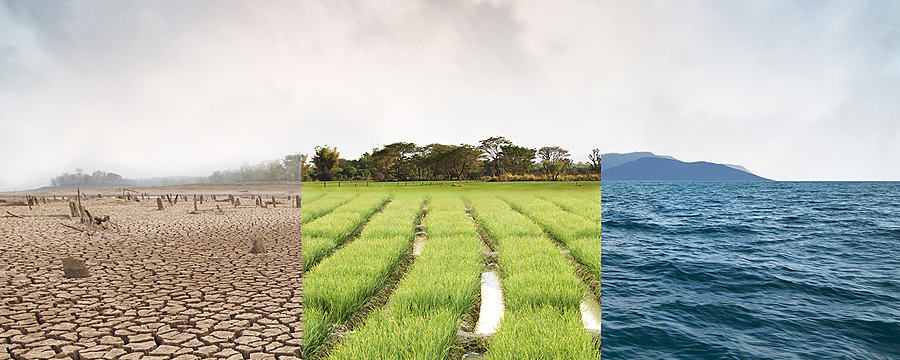Home / Nature & Environment / Climate Change / Tackling Environmental Challenges for a Sustainable Future / Sustainable seafood
This article is from the free online
Tackling Environmental Challenges for a Sustainable Future


Reach your personal and professional goals
Unlock access to hundreds of expert online courses and degrees from top universities and educators to gain accredited qualifications and professional CV-building certificates.
Join over 18 million learners to launch, switch or build upon your career, all at your own pace, across a wide range of topic areas.








